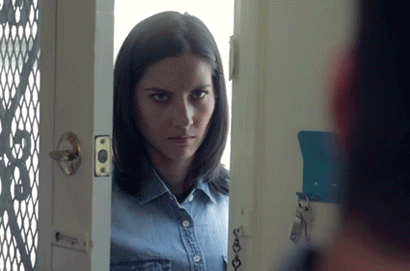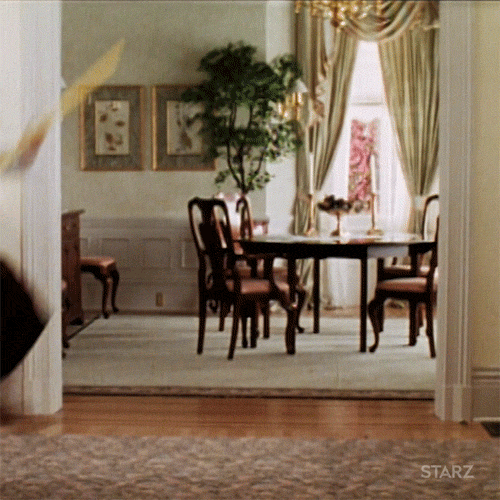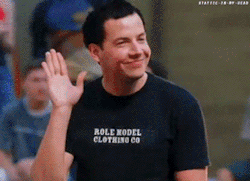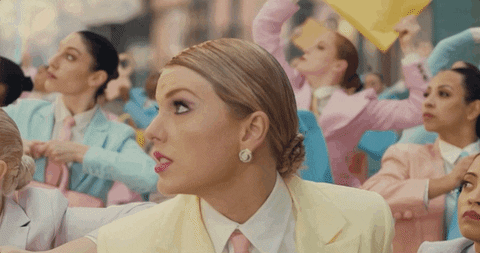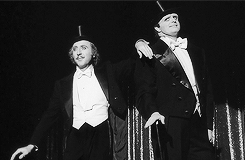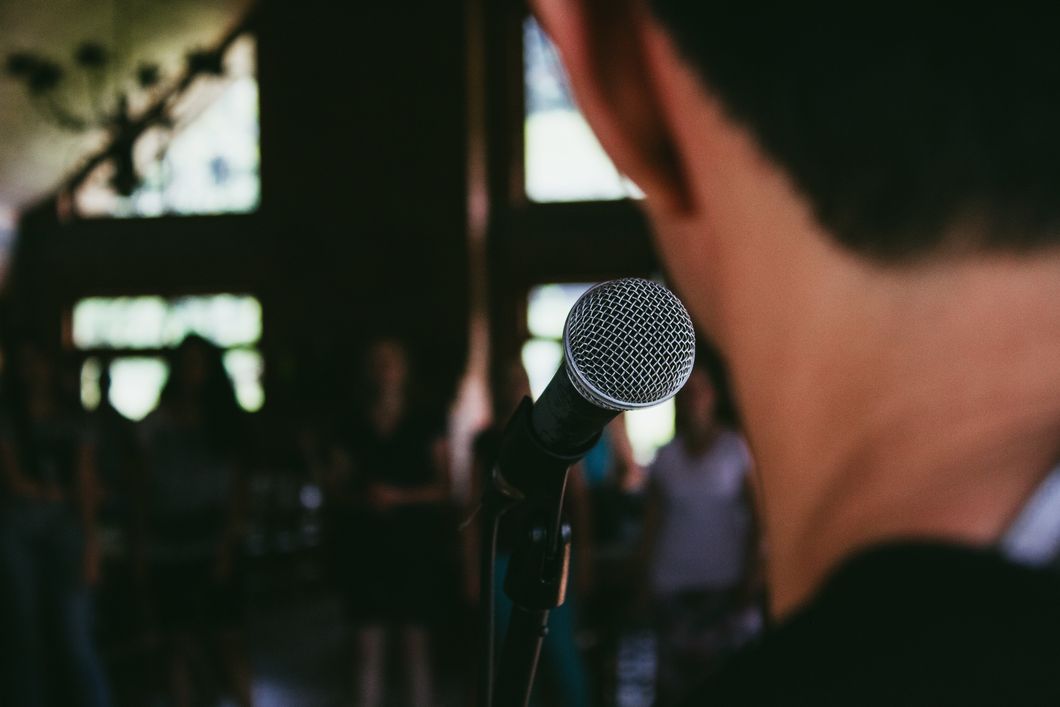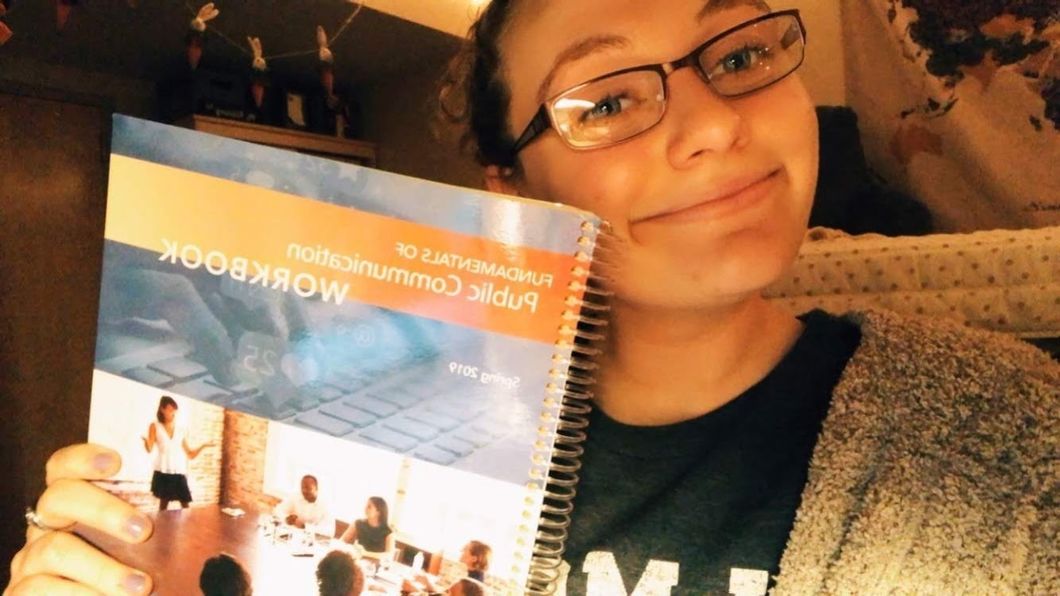Speak Less, Listen More
Do you want to know what a successful conversation looks like? The answer lies in everything you're unaware of while speaking.
This is a response to 7 Inspirational Women In History.
A year ago, I attended a leadership seminar. One particular task stuck with me after the event. The attendees were all assigned in pairs, and not long after that, we were each given a piece of paper in our hands. The other person wasn't supposed to know what my assignment was.
"Interrupt the speaker as much as possible and insist on your own experiences."
So I followed through with the assignment. The other girl I did this conversation practice with became increasingly unnerved, and she later told me the following:
"Were it not for the session's timeout, I would've just up and left."
The thought that this might've been my task didn't cross her mind during that conversation. The only thing she remarked upon afterward was the feeling of being unheard.
Feeling like something's amiss during conversations happens in our day-to-day life. So, how can we improve our conversational skills and help others do the same?
Archie Bunker and the Art of Conversation
"The reason you don't understand me, Edith, is that I'm talkin' to you in English, and you're listening in dingbat," said Archie Bunker in a famous TV show, "All in the Family."
Throughout yet another seminar, we were greeted by an instructor who hit the session off with a mini-task. "Conjure up an image of a balloon," he said. Nothing else other than that. Initially, I was confused and didn't connect the dots. However, I gave it a try.
"What color was your ballon? Red, blue, white, green?" asked the instructor.
Then it dawned on me - my balloon was blue, but what about the others? Even if you were to ask the most trivial of questions, you would get differing answers.
We might speak the same language, but our mind usually doesn't trail off in the same direction as the person sitting across from us. That's why it's advisable to ask others to reiterate their points. Ask questions in general!
Avoid Being an Echo-bore
Consider the scenario of being trapped in a cave. In such a situation, it is natural to have an instinctive urge to shout, particularly if you have suspicions that you are not alone in there. Now, imagine that the only sound reaching your ears is the echo of your voice. How would you feel in such a circumstance?
If you only respond with encouraging nods and grunts, "yes" and "aha," the other person has the upper hand in the conversation, and it's only a matter of time before that lack of connection becomes apparent. Only if you remain curious without criticism, judgments, or assumptions will you start recognizing the individual for who they are.
"You may wish to be pleasing as a conversationalist, but if you risk nothing, you get nothing," mentioned Judy Apps in her book.
Based on this premise, comedians Mel Smith and Griff Jones created a series of sketches featured in their UK comedy show - put your headphones on and take a listen!
Be Perceptive to Their Visual, Auditory, and Emotional Language
"I see what you mean," "That sounds like good sense," "I get it"... Which one of these expressions would you use more?
This aspect of communication tends to be overlooked more often than not. Next time you're actively listening, try recognizing all the speech patterns and the usage of visual, auditory, and emotional language in others while you're having a conversation.
Below is an excerpt from the book worth reading:
"Patsy presented a problem in coaching and said: 'He's pretty depressed at the moment. I can't quite put my finger on it, but he's struggling to get up in the morning, says he feels strange, and when I try to grasp what he's saying, he just sinks further down in bed and I feel he's avoiding the issue.' Her words were full of feeling/moving language. If I'd responded in visual language, 'I see your problem. Do you want my perspective on it?' I think she would have felt misunderstood. Instead, I answered her in a similar feeling language. 'That's rough. So do you want to get to the heart of what's going on?'"
Don't Play the Psychiatrist
Look out for phrases such as:
- I know exactly what you're talking about.
- I can read your energy/aura.
- I know you. You always blow things out of proportion.
- Your problem is that you're too shy.
Avoid sentences that involve words such as "always," "never," "you should," "you ought"; or moralistic general statements like "That's a wrong/right method..." Then you are back to having a judgmental approach.
"You can never really know what is going on for someone else. The longer you can suspend certainty and closure, the closer you will get to the truth."
Notable Quotes I Found in the Book
"Courage is what it takes to stand up and speak; courage is also what it takes to sit down and listen." Winston Churchill
"The meeting of two personalities is like the contact of two chemical substances: If there is any reaction both are transformed." Carl Gustav Jung
"If you want the truth, I'll tell you the truth: Listen to the secret sound, the real sound, which is inside you." Saint Kabir
"There is no index of character so sure as the voice." Benjamin Disraeli
"She let her walking do the talking,
She's a perfect conversationalist." T. Graham Brown,
lyrics to Brilliant Conversationalist
"There is no conversation more boring than the one where everybody agrees." Michel de Montaigne






